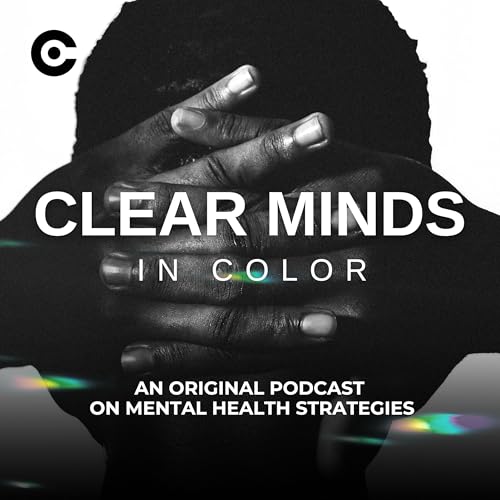Aging is one of the few things we all have in common, yet most of us spend our lives trying to resist it. In this episode, we explore how fear of time can quietly shape our mental health — from anxiety and identity loss to the grief that comes with watching others grow older around us.
I talk about the psychology behind time anxiety, how aging fears show up differently for men and women, and what really happens when we start losing the people who once made us feel timeless. You’ll also hear about how meaning, connection, and perspective can turn that fear into growth.
This isn’t about pretending not to age — it’s about learning how to do it with peace, purpose, and compassion.
If this episode resonated, share it with someone who’s learning to grow through time, not against it.
Referenced in This Episode:
American Psychological Association (2023): The Psychology of Time Anxiety
CDC (2023): National Vital Statistics Report on Suicide Rates by Age Group
National Institute of Mental Health (2022): Identity Loss and Midlife Mental Health
Becca Levy (Yale University, 2002–2020): Mind Over Matter: The Science of Age Beliefs
The Gerontologist (2019): Age Anxiety and Emotional Well-Being in Older Adults
Frontiers in Psychology (2020): Age Anxiety and Depressive Symptoms in Later Life
Greenberg, Pyszczynski, & Solomon (1986): Terror Management Theory: The Cultural Buffer Hypothesis
Hayes et al. (2012): Psychological Flexibility and Acceptance Theory
Harvard Study of Adult Development (2019): What Makes a Good Life?
 2025/10/1716 分
2025/10/1716 分 2025/10/1314 分
2025/10/1314 分 2025/10/1312 分
2025/10/1312 分 2025/10/1314 分
2025/10/1314 分 2025/10/1212 分
2025/10/1212 分 2025/10/127 分
2025/10/127 分 2025/10/045 分
2025/10/045 分 2025/09/308 分
2025/09/308 分
